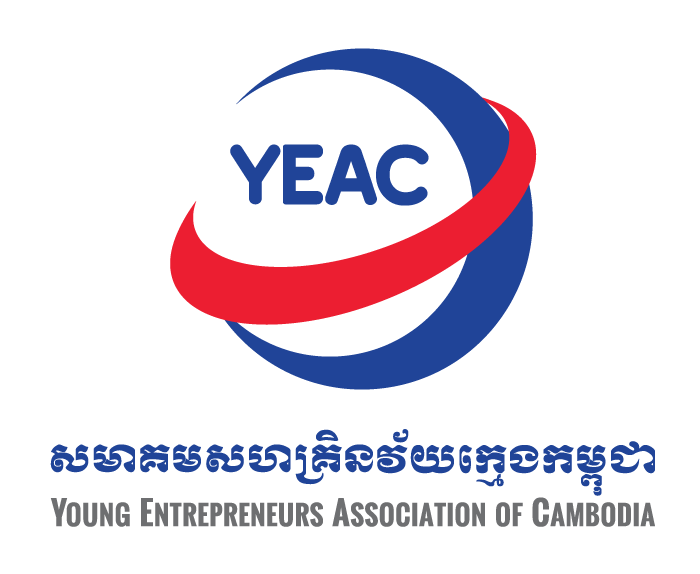
Poster for 3rd TVET Day 2020 in Cambodia
On 15 June 2020, Prime Minister Hun Sen posted an official letter on his Facebook Page applauding the 3rd Technical and Vocational Education and Training (TVET) Day on Monday. In his letter, he mentioned that vocational education and training has played an important role in enriching and developing human resource capitals with expertise, skill sets and professional ethics. He said TVET skills have contributed to the sustainability of economic growth and brought good jobs for people.
What is Technical and Vocational Education and Training (TVET)? Why is it important?
UNESCO and ILO defines TVET as “aspects of the educational process involving, in addition to general education, the study of technologies and related sciences, and the acquisition of practical skills, attitudes, understanding and knowledge relating to occupants in various sectors of economic and social life” (UNESCO and ILO, 2001). In addition to technical knowledge and ability, there is more emphasis on “softer” skills including communication, negotiation and teamwork.
Traditionally, “intellectual” work is often contrasted with “manual” work. So, on one side, there would be ‘office’ and ‘professional’ workers, and on the other side, there would be traders, technicians, etc. Society is said to undervalue and minimize technical education. Students facing difficulties in their studies, for instance, are often sent to receive vocational training.
However, today such distinction is impossible. With technical revolution and innovations in science and technology, the demand in the labor market has significantly evolved. TVET skills have become key to human resource development. The principal objective of TVET is to train youths and adults alike, readying them for the labor market.

‘TVET for Better Life’ slogan in Phnom Penh. Photo: TVET-News
In Cambodia, the TVET Master Plan is expected to be established in the second half of 2020. In 2019, Minister of Labor and Vocational Training, H.E Ith Sam Heng said a master plan was being established for TVET programs to further develop human capitals in the face of a shortage of technical skills in the workforce. He mentioned the shortage of TVET-trained workers for the growing Cambodian market. The master plan would cover TVET buildings, workshops, trainers and teaching of new techniques (The Phnom Penh Post, 2019).
According to the Phnom Penh Post, the Asian Development Bank (ADB) had collaborated with the Ministry of Labor and Vocational Training to carry out reforms and promote the TVET programs by investing nearly $175 million since 2014. The main focus is on four priority sectors: production, construction, electrical and electronics.
Over the last five years, more than 200,000 Cambodian people, including trainees, students and workers have received new skills training. They went on to find good job opportunities or created jobs themselves. There are currently 23 public technical and vocational training ISO-accredited establishments in Cambodia (The Phnom Penh Post, 2020).
*For more information about Technical and Vocational Education and Training programs available in Cambodia, follow Ministry of Labour and Vocational Training and TVET-News.
*For further reading, please check the articles below
https://www.adb.org/publications/cambodia-new-tvet-policy
https://www.phnompenhpost.com/national/hun-sen-tvet-skills-key-human-resource-development
https://www.phnompenhpost.com/national/master-plan-tvet-programmes-prepared







